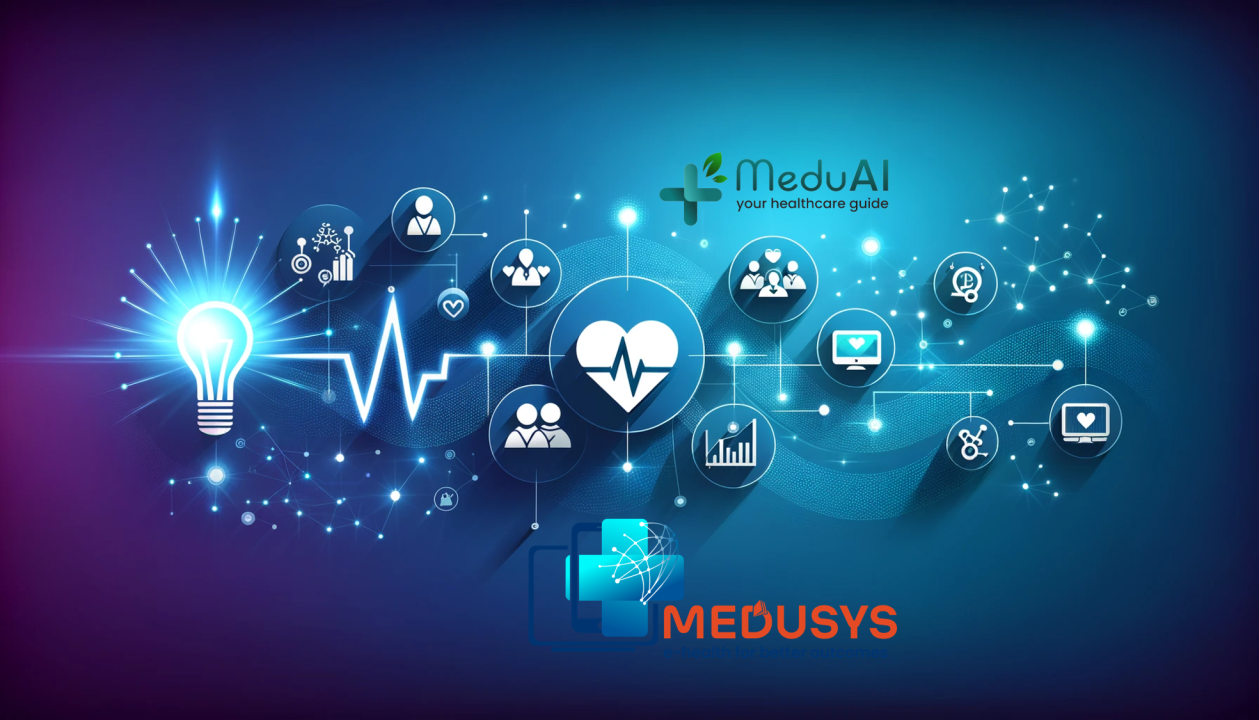Introduction:
In the ever-evolving landscape of healthcare, the integration of artificial
intelligence (AI) has emerged as a transformative force, revolutionizing the way we
approach patient care and professional development. Within the field of anaesthesia,
where precision, safety, and evidence-based practice are paramount, AI holds immense
potential to enhance clinical decision-making, streamline workflows, and facilitate
continuous learning through CME. This article aims to explore the profound impact of
AI on evidence-based care and CME in anaesthesia, delving into its applications,
benefits, and future implications.
Understanding AI in Healthcare and Anaesthesia:
Artificial intelligence, encompassing machine learning, natural language processing,
and deep learning algorithms, empowers computers to perform tasks that traditionally
require human intelligence. In healthcare, AI algorithms analyze vast datasets,
extract insights, and generate actionable recommendations, augmenting clinical
expertise and improving patient outcomes. Within anaesthesia, AI applications span
various domains, including preoperative assessment, intraoperative monitoring,
postoperative management, and CME.

.png)


